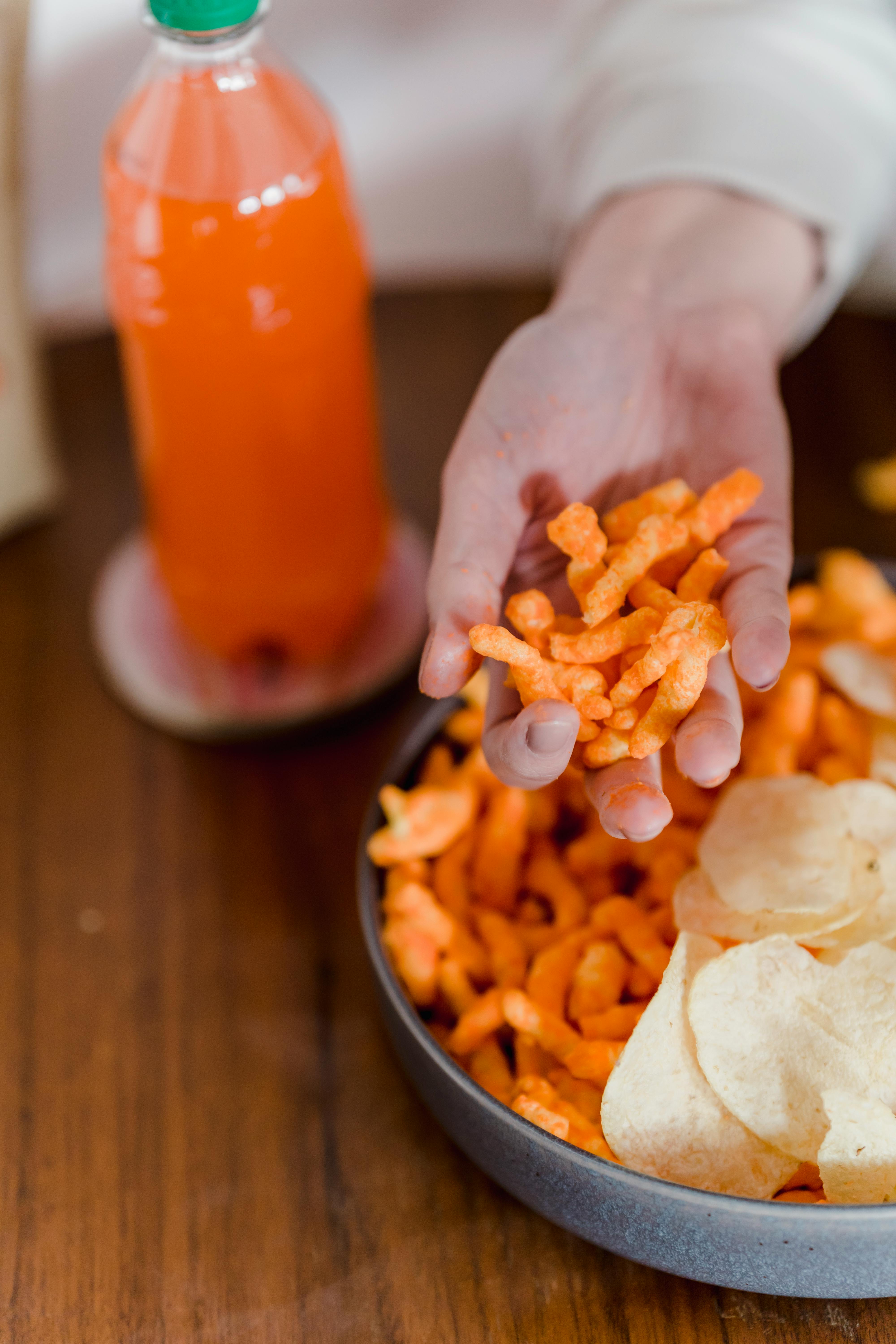
Smart Ways to Optimize Your Diet Starting Monday
Aiming for a healthier lifestyle is a common goal for many, especially with our ever-evolving understanding of nutrition and diet trends. As we approach 2025, optimizing your diet can involve a variety of strategic changes that cater to your individual needs. Whether you're focused on weight loss, improving your meal planning, or simply enhancing your overall nutrition, starting on a Monday can set a positive tone for your week. In this article, we'll explore essential methods to refine your eating habits, including tips on meal prepping, portion control, and tracking your food intake.
By prioritizing healthy eating, understanding your portion sizes, and incorporating exercise into your routine, you can create a balanced diet that works for you. Let’s delve into how these strategies can transform your relationship with food and enhance your wellness.
Creating an Effective Meal Plan for Your Goals
Understanding Your Dietary Needs
The first step in optimizing your diet is understanding your individual dietary needs. Factors such as age, activity level, and health goals significantly influence your nutritional requirements. Consult with a nutritionist to learn more about your specific needs and how to effectively balance your meals. This professional guidance can act as a solid foundation for your diet optimization journey.
Developing a Balanced Meal Plan
A balanced meal plan focuses on incorporating various food groups to ensure you receive essential nutrients. Here’s how to structure your meals:
- Include lean proteins (chicken, fish, legumes)
- Incorporate plenty of fruits and vegetables for dietary fiber
- Choose whole grains over refined alternatives
- Limit sugars and unhealthy fats
- Stay hydrated and include healthy snacks between meals
Remember, the key to a successful meal plan is flexibility; adjust your diet according to your energy levels and hunger cues.
Portion Control Techniques
Portion control is an essential aspect of maintaining a balanced diet and managing calorie intake. Here are practical tips for practicing portion control:
- Use smaller plates to help visually manage portions
- Measure serving sizes, especially for calorie-dense foods
- Be mindful of snacking habits; pre-portion snacks to avoid overeating
Implementing these strategies can aid in weight management while promoting a healthier approach to meals.
Incorporating Exercise for Holistic Fitness
Establishing an Exercise Routine
Physical exercise and nutrition go hand in hand when it comes to optimizing health. Creating an exercise routine that fits your lifestyle ensures sustained motivation and effectiveness. Aim for a mix of cardiovascular workouts, strength training, and flexibility exercises throughout the week. This balance will support your metabolism and contribute to overall weight loss.
Timing Your Meals Around Workouts
Meal timing can significantly impact your fitness results. Fuel your body adequately before and after workouts to enhance performance and recovery. Consuming a protein-rich snack or meal post-exercise aids in muscle recovery and supports overall diet goals. The right nutrition can function as a metabolism booster, optimizing your workout results.
Healthy Snacks to Keep Energy Levels Up
Snacking sensibly can help maintain energy levels and curb cravings. Here are some healthy snack options:
- Greek yogurt with fruits
- Veggies with hummus
- Nuts and seeds for healthy fats
- Whole-grain crackers with avocado
Choosing snacks wisely can lead to improved digestion and sustained energy throughout the day.
Tracking Your Intake for Better Results
The Benefits of a Food Diary
Keeping a food diary is one of the most effective ways to monitor your eating habits and make necessary adjustments. Record not only what you eat but also your emotional states and hunger cues. This mindfulness practice can lead to a deeper understanding of your eating patterns and help identify areas for improvement.
Using Technology to Your Advantage
In today’s digital age, several apps can assist you in calorie tracking and meal planning. These tools can help facilitate dietary change by providing insights into your food choices and suggesting healthier alternatives. Consider downloading an app that aligns with your fitness goals and offers personalized meal suggestions.
Mindfulness in Eating
Practicing mindful eating can transform your relationship with food. Pay attention to your portions, the flavors of your meals, and enjoy every bite. This practice can significantly enhance your digestive health and overall eating habits. By being more aware, you may find it easier to control cravings and enjoy foods that nourish your body.
Exploring Different Dietary Approaches
Low-Carb and Plant-Based Diets
Low-carb diets and plant-based eating options have gained popularity due to their potential health benefits. Both approaches can aid in weight loss and improve metabolic health when planned carefully. If you’re inclined towards a low-carb diet, focus on incorporating healthy fats and protein sources while minimizing processed carbs. Alternatively, a plant-based diet emphasizes fruits, vegetables, legumes, and whole grains, providing abundant dietary fiber and essential nutrients.
Intermittent Fasting for Weight Management
Intermittent fasting is another trendy method for weight management. It involves cycling between periods of eating and fasting, which may help control sugar intake and improve appetite regulation. Many find it beneficial when combined with a balanced diet and regular exercise. However, consult your healthcare provider before starting any fasting regimen to ensure it aligns with your individual health needs.
Understanding Supplements
While a balanced diet should provide most of your nutrients, dietary supplements can play a supportive role—especially for individuals with specific dietary restrictions or health concerns. Always consult a healthcare professional before incorporating any supplements to ensure they complement your overall dietary strategy.
Conclusion
Optimizing your diet is an ongoing journey that involves making informed food choices while integrating mindful practices. By starting on a Monday and following the strategies highlighted in this article, you will set the groundwork for a healthier lifestyle in 2025. Keep in mind the importance of flexibility, and don't hesitate to seek guidance from a nutritionist or dietitian to tailor a plan that suits your needs. With commitment and the right tools, achieving your nutrition and fitness goals is undoubtedly within reach.

